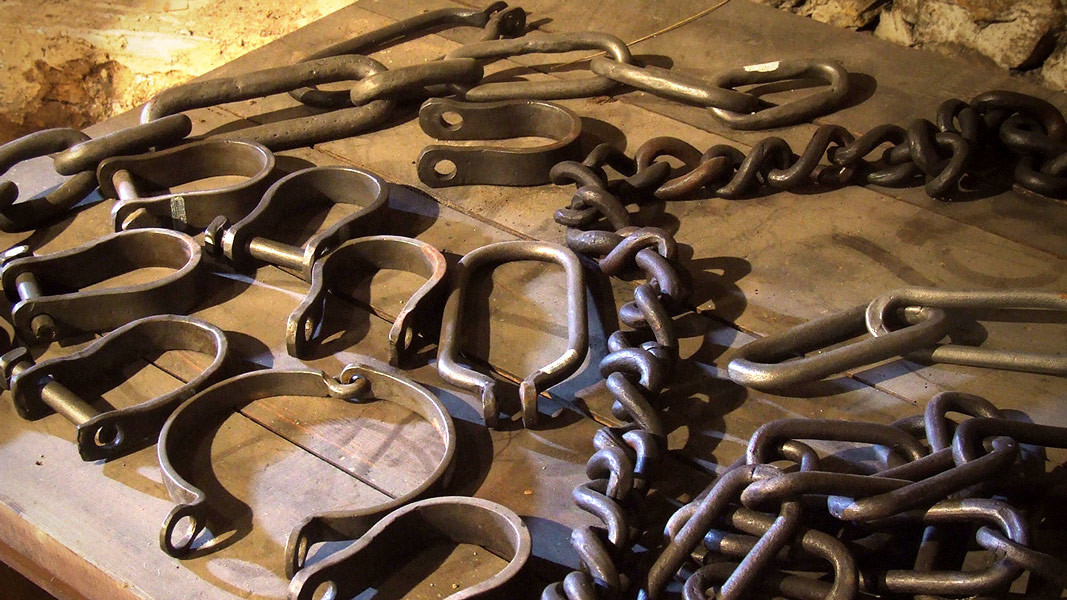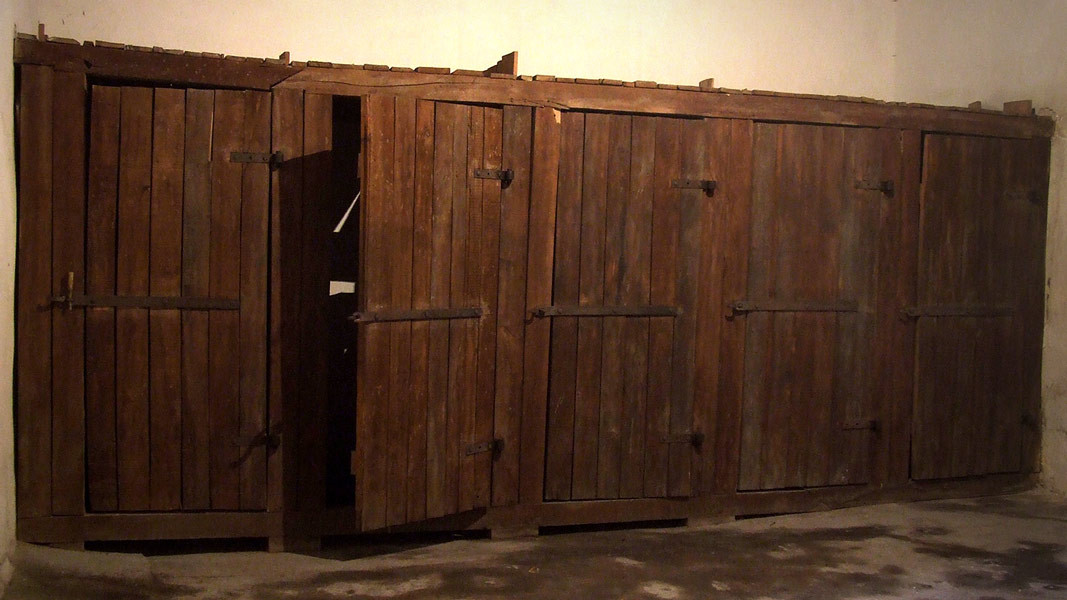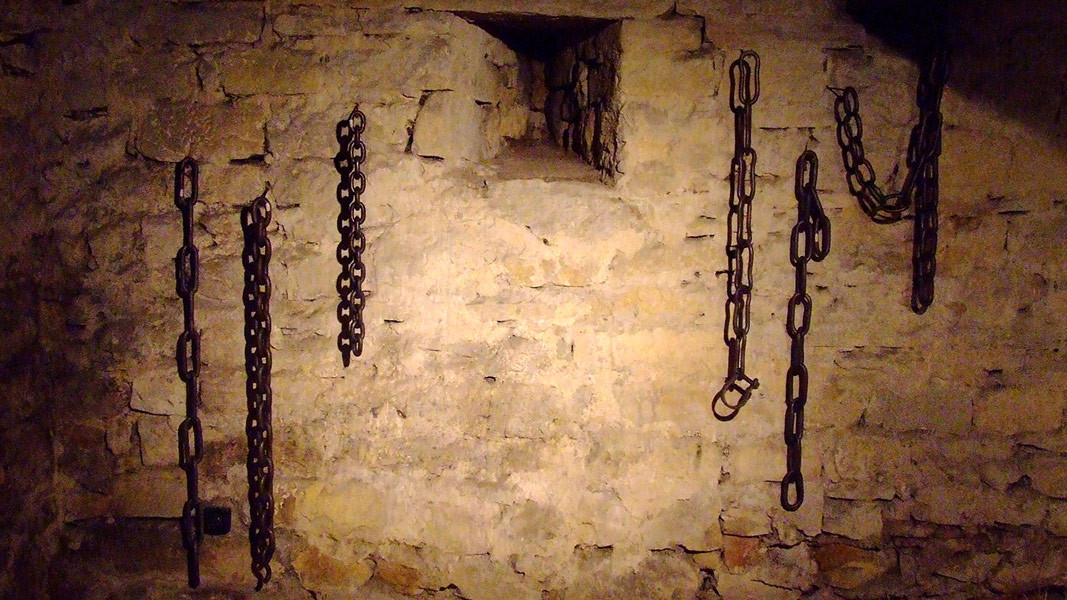The only Oriental prison in Bulgaria was built in 1854 in Veliko Tarnovo during the Ottoman rule. From 1854 until 1954, many Bulgarian revolutionaries and national revival leaders were brought there for short stay and were later taken for trials to the cities of Ruse and Sofia.
In 1960, the first attempts for restoring the Museum of Prison and creating a museum exposition were made. In 1985, the three-storey building was closed and in 1989, the museum exposition was reorganized. It has existed in its current form since 2006, Associate Professor Svetla Atanasova from the Regional Museumof History in Veliko Tarnovo told Radio Bulgaria.

In 2006, the section of the prison from the National Revival time was restored. An inquisition hall is located at the ground floor. It shows some torture devices as well. Visitors can read about some of the most-common tortures used in the prison. Three cells with authentic atmosphere of the interior, the accessories and the items used by the prisoners were restored on the second floor. There is also a lock-up room with five one-person cells, which functioned during the struggles for national liberation.

Bulgarian revolutionaries Filip Totuy and Zahari Stoyanov, voivode Stefan Karadja, the participants in the April Uprising of 1876 Todor Kableshkov, Todor Kirkov and others are only some of the national heroes who stayed in the Tarnovo Prison.
The corridor of the building is the new part of the exposition. The portraits of all 399 people who were locked up here are displayed at this gallery. In 2006, when the museum was in a process of construction, our experts found information about all these people, associate Professor Atanasova went on to say. The authentic atmosphere is the most precious item of the museum. Here, between December 27 and 31, 1872, Bulgaria’s Apostle of Freedom Vasil Levski was kept in a separate cell until he was taken for trial to Sofia.

The cell where Filip Totyu was locked-up is also shown to visitors. He was the only Bulgarian voivode and rebel who managed to escape from the prison.
Veliko Tarnovo played an important role in the struggle for national liberation. The town was the last Bulgarian capital before the Ottoman invasion at the end of the 14th century. Tarnovo has always been the eternal capital of Bulgaria in the hearts and the souls of the Bulgarians. That is why the first attempts for anti-Ottoman resistance are associated with this Bulgarian town.

This is the town where the revolutionary committees were set up and the internal revolutionary organization started to unfold. Stefan Stambolov who played an active role in the national liberation movements is also from this Bulgarian town. During the Russo-Turkish War, General Gurko’s headquarters was located in a village in Veliko Tarnovo region. Bulgaria’s old capital is associated with historical continuity and the Bulgarian statehood. That is why the laws of the young Bulgarian Principality were adopted there, Associate Professor Svetla Atanasova says and adds:
On the eve of the National Liberation Day-March 3 may all Bulgarians be healthy, love Bulgaria and take more often their children to the Bulgarian museums, because they store the treasures of the mind, the spirit and the historical memory.
English version: Kostadin Atanasov
Photos: museumvt.com8 November is celebrated as the Feast of Saint Michael the Archangel. According to church legend, Archangel Michael commands the whole army of angels in the fight against the forces of darkness, and during the second coming of the Son of God, he will..
In today’s world, where material values overshadow the spiritual, reflections on the salvation of souls somehow remain in the background. The constant race against time and the stream of daily tasks muffle the voice of the soul, which struggles to..
In 1018, after half a century of struggle, the First Bulgarian Empire was conquered by Byzantium. Despite the many uprisings of the Bulgarians, the power of Constantinople lasted for nearly two centuries. In the autumn of 1185 or the..
In the world of the Thracians, who had no written language, the most important messages were conveyed through art. The Letnitsa Treasure is precisely..
Just days ago, archaeologists uncovered part of the complex underground infrastructure that once served the Roman baths of Ratiaria - one of the most..

+359 2 9336 661
